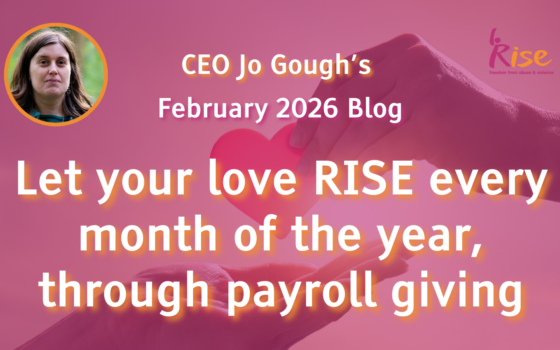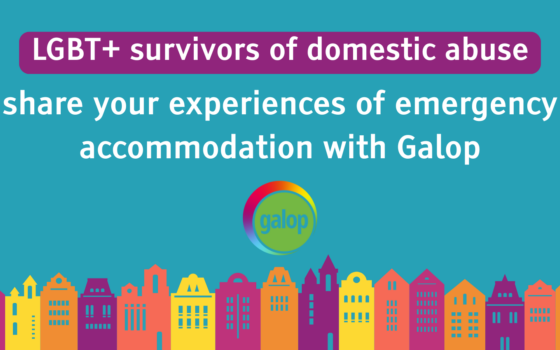“Every year, the Office for National Statistics (ONS) shares a report on domestic abuse in England and Wales. It shares information on abuse reported to, and recorded by, the police.
In November 2024, the statistics showed that:
- The police recorded 1,350,428 domestic abuse-related incidents and crimes in England and Wales in the year ending in March 2024; 851,062 of these were recorded as domestic abuse-related crimes.
- This was a reduction of 6.6% compared with the previous year ending March 2023
- It notes that ‘this is, in part, a reflection of recent changes in police recording practices’ and shares more detail on what that means.
That last comment is the key to the story.
In June 2023, the Home Office announced changes to the ways domestic abuse was to be reported. These included changes to the ways offences were categorised, and new ‘thresholds’ for what qualifies as a recordable offence. Police were told to only count one crime for each time a victim comes forward, and to count fewer crimes of threatening or abusive messages. Source.
Our sector, and the Domestic Abuse Commissioner, share deep concerns that this way of reporting vastly misrepresents the reality of this type of crime, which is already hugely underreported.
We know that domestic abuse is very - very - rarely a one-off offence and that it frequently includes multiple types of abuse - for example, global studies from a range of countries have shown that the ongoing nature and daily patterns of coercive control and financial abuse makes these types of abuse more common than the more readily understood (by some) intimate partner violence. In Sussex where 92% of all cases reported at the highest risk of harm or death are female 32% of all reports are repeat referrals. Marac-data-2023-2024.xlsx
SafeLives research has shown that ‘high-risk victims live with domestic abuse for 2.3 years and medium risk victims for 3 years before getting help’ and that ‘on average victims experience 50 incidents of abuse before getting effective help.’ It also shows that ‘85% of victims sought help on average five times from professionals in the year before they got effective help to stop the abuse’.
Against an historic backdrop of barriers to reporting, we’re not surprised to hear that some survivors have reported further, increased barriers to filing reports since these changes came into force. While many police forces are committing to change the ways they approach domestic abuse, we know that survivors have felt, and continue to feel, disbelieved, unsupported and excluded from official statistics, even though the incidents deemed "low priority"that they report continue to have profound impacts on victims.
The Labour Government had committed to halving violence against women and girls. We fully support this aim and recognise that this is a complex problem, rooted in deeply embedded social norms. To tackle anything, we need to understand it. It is critical that we have clear, transparent information about the reality of abuse if we are to have any hope of reducing it."
Jo has also recently commented on Brighton and Hove Council new Violence against Women and Girls Strategy, on Linked In. Read Jo's thoughts here.


